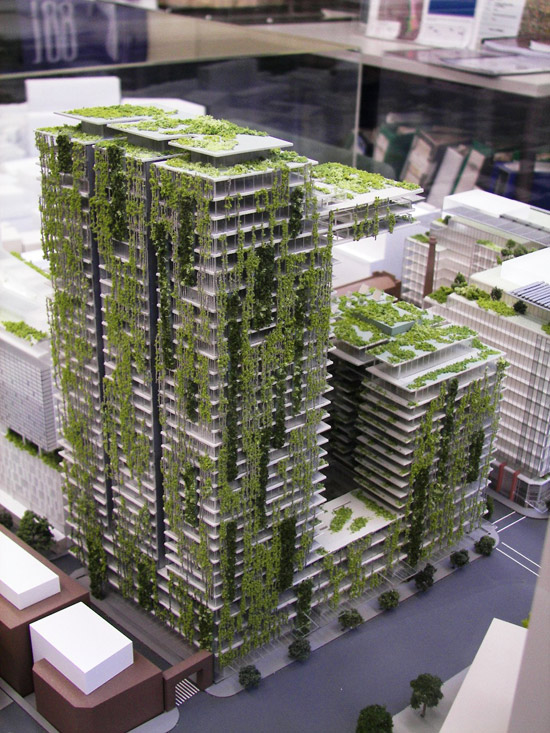

Here’s a list of articles in our aquaponics categories; just click on a link to go to that category: aquaponic system construction backyard systems big backyard systems commercial aquaponics systems fish general aquaponics principles plants sizing and productivity of systems tabletop and indoors systems vertical aquaponics systems share the knowledge!326 326shares. Aquaponics scientific article. aquaponics system design and application can be considered a highly multidisciplinary approach drawing from environmental, mechanical and civil engineering design concepts as well as aquatic and plant related biology, biochemistry, and biotechnology.. Aquaponics consists of two main parts, with the aquaculture part for raising aquatic animals and the hydroponics part for growing plants. aquatic effluents, resulting from uneaten feed or raising animals like fish, accumulate in water due to the closed-system recirculation of most aquaculture systems..
Below is an article rebecca nelson wrote to help students build a mini aquaponic system. students, have fun and enjoy aquaponics! a mini aquaponic system is an excellent means of demonstrating aquaponic principles and the nitrification cycle in a recirculating aquatic environment.. The article includes details about what aquaponics is, how it works, and the process of developing functional kits in the beginning of endless food systems in 2012. fyi – you do have to be a subscriber of freedoms phoenix to read the article .. System architecture the smart aquaponics system was developed by integrating seven modules: data acquisition unit, alarm unit, system rectification unit, central processing unit, web application, mobile application, and cloud server, as depicted in fig. 1..





0 komentar:
Posting Komentar